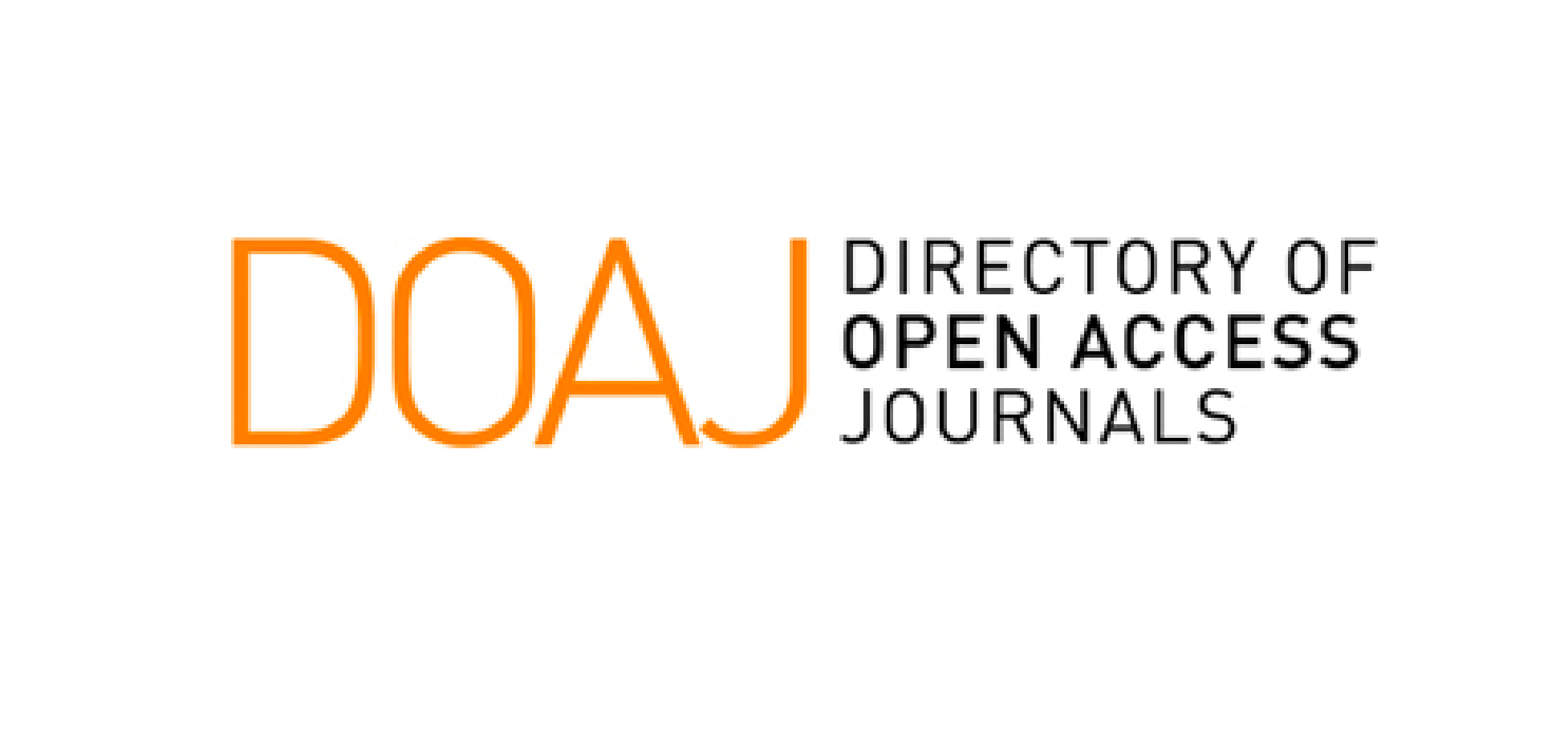Model Pengukuran Tingkat Kepuasan Masyarakat Terhadap Penggunaan Jasa Transportasi Online di Wilayah Cirebon dengan Metode Fuzzy Servqual
Abstract
Keywords
Full Text:
PDFReferences
Arifin, M. A. M. K. Y. M. (2011). Dampak Keberadaan Transportasi On Line Terhadap Kondisi Sosial Ekonomi Transportasi Konvesional Di Kota Kediri. Jimek, 2(2), 168–181.
Azizah, A., & Adawia, P. R. (2018). Analisis Perkembangan Industri Transportasi Online di Era Inovasi Disruptif (Studi Kasus PT Gojek Indonesia). Cakrawala - Jurnal Humaniora, 18(2), 149–156. https://doi.org/10.31294/JC.V18I2.4117
Fajar Nugraha, Zulfadhli, A. S. F. (2020). Dampak Perkembangan Industri Transportasi Online Terhadap Sosial Ekonomi Pengemudinya Di Kota Banda Aceh. 03, 345–351.
Fakhriyah, P. (2020). Pengaruh Layanan Transportasi Online (Gojek) Terhadap Perluasan Lapangan Kerja Bagi Masyarakat Di Kota Cimahi. Comm-Edu (Community Education Journal), 3(1), 34. https://doi.org/10.22460/comm-edu.v3i1.3719
Kartika, N. F. (2017). Implementasi Fuzzy - Service Quality Terhadap Tingkat Kepuasan Layanan Mahasiswa Implementation of Fuzzy – Service Quality for Student Service Level of Satisfaction. Jurnal Ilmiah SISFOTENIKA, 7(1), 38–49.
Ligoresi, R. R., Mola, S. A. S., & Rumlaklak, N. D. (2017). Penerapan Metode Fuzzy Service Quality ( Servqual ) Untuk Menganalisa Kepuasan Pelayanan Pendidikan. Komputer & Informatika, 5(2), 48– 58.
Rimawati, E. (2016). pengaruh kualitas layanan terhadap kepuasan pelanggan stmik sinar nusantara surakarta. SINUS, 14(1), 55–66.
Sholikah, H., & Iriananda, S. W. (2017). Analisis Kepuasan Pelanggan Travel Menggunakan Metode Fuzzy Service Quality. JOINTECS (Journal of Information Technology and Computer Science), 2(2), 53–58. https://doi.org/10.31328/jointecs.v2i2.468
Widia Afriyuni, Rahmiati, M. R. L. (2019). Analisis Kualitas Pelayanan Dengan Menggunakan Metode Fuzzy- Servqual Pada Kantor Pos Pusat Kota Padang. 2(1), 18–26.
Widyarto, W. O., Djamal, N., & Adhim, F. (2018). Analisis Kualitas Pelayanan Publik dengan Metode Fuzzy-Service Quality (F-Servqual) dan Index Potential Gain Customer Value (IPGCV). Jurnal Sistem Dan Manajemen Industri, 2(2), 101. https://doi.org/10.30656/jsmi.v2i2.769
Yunus, M., Soesilowati, E., Liesnoor, D., & Arsal, T. (2019). Analisis Sistem Kerja Aplikasi Transportasi Online dalam Peningkatan Kinerja Driver. Seminar Nasional Pascasarjana 2019, 1039–1043.
DOI: http://dx.doi.org/10.12962/j24433527.v13i2.7978
Refbacks
- There are currently no refbacks.
This work is licensed under a Creative Commons Attribution 4.0 International License.







